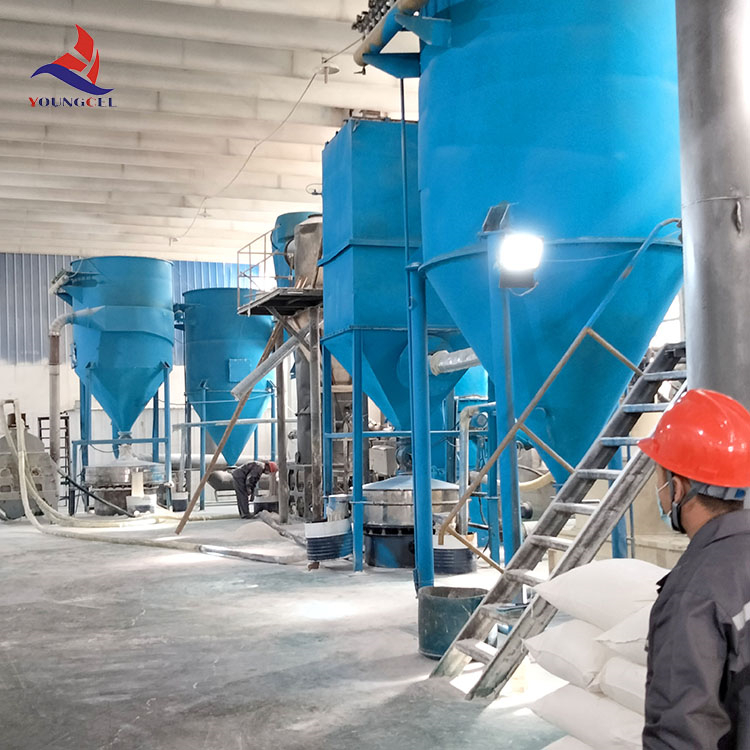Choosing the Right Thickeners for Your Liquid Soap Formulations

The factors that affect the water retention of mortar also include cellulose ether viscosity, addition amount, particle fineness and use temperature.
It is well known that the higher the viscosity, the better the water retention effect. However, the increase of viscosity means the increase of the added amount, but the higher the viscosity, the higher the molecular weight of HPMC, and the corresponding decrease in its solubility, which has a negative impact on the strength and construction performance of mortar. The higher the viscosity, the more obvious the thickening effect of mortar, but it is not proportional. The higher the viscosity, the stickier the wet mortar will be. During construction, the stickiness of the scraper and the substrate is high. But it is not helpful to increase the structural strength of the wet mortar itself. Therefore, it is not recommended to use this water retention method, which increases the cost and does not have a good effect.
The larger the amount of cellulose ether added to the mortar, the better the water retention performance, the higher the viscosity, and the better the water retention performance.
Methyl Hydroxyethyl Cellulose, also known as Methylcellulose and colloquium, is an organic compound methyl hydroxyethyl cellulose uses in various cosmetic and medical applications, the primary one being as a thickening agent. In decorative applications, it's found most often as a component of toothpaste and cough syrups. The compound is tasteless and odorless, and in medicine, it is ingested by patients to relieve constipation, diarrhea, and hemorrhoids. Here are top uses methyl hydroxyethyl cellulose